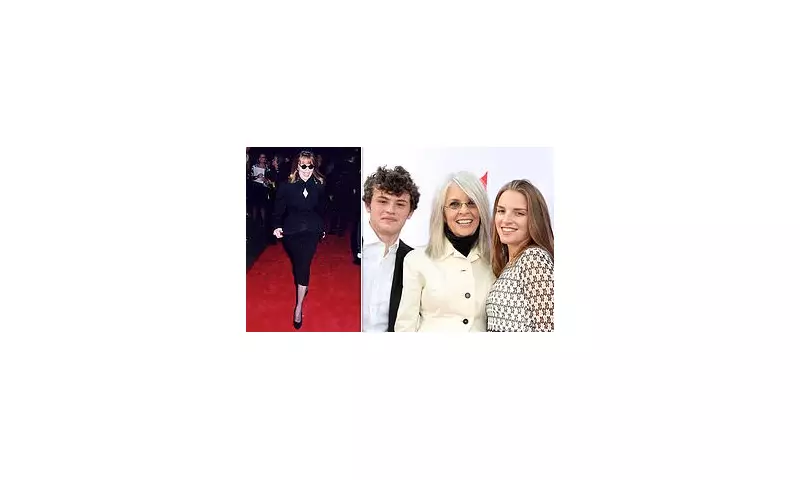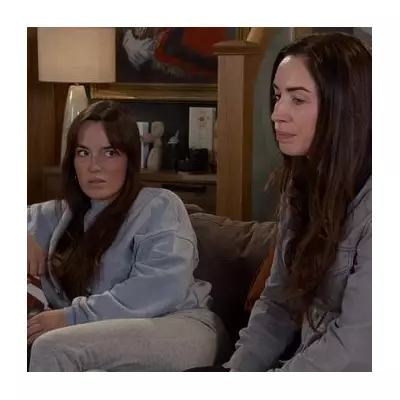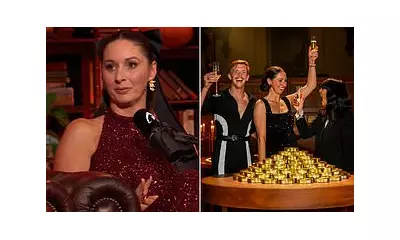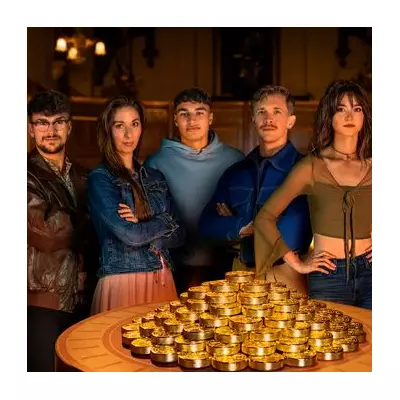
In a rare and candid revelation, legendary actress Diane Keaton has shared the deeply personal story behind her decision to become a single mother through adoption, defying Hollywood conventions and following her maternal instincts.
The Maternal Calling
The Oscar-winning actress, now 78, confessed that despite her high-profile relationships with Hollywood icons like Al Pacino and Warren Beatty, she never felt the urge to walk down the aisle. "I never was a marriage person," Keaton disclosed. "But I always knew I wanted children."
This unwavering maternal desire led Keaton to welcome daughter Dexter in 1996 and son Duke in 2001, both adopted when the actress was in her fifties - an age when many women are becoming grandmothers rather than first-time mothers.
Defying Convention
Keaton's path to motherhood challenged both age stereotypes and traditional family structures in an industry known for its conventional expectations. "I was in my 50s when I adopted them," she revealed, emphasizing that her timing was perfect for her personal journey.
The Annie Hall star's decision reflects a growing trend of women choosing single motherhood on their own terms, though few have done so with such public visibility during Hollywood's peak earning years.
Family Life Away from the Spotlight
Despite her global fame, Keaton prioritized creating a normal upbringing for her children, now 28 and 23 years old. She has consistently shielded them from the public eye while ensuring they understood the unique circumstances of their family formation.
"I made sure to tell them they were adopted," Keaton shared, highlighting her commitment to transparency and honesty within their family unit.
A Contented Choice
Reflecting on her unconventional path to motherhood, Keaton expresses no regrets about bypassing marriage while embracing parenthood. Her story serves as an inspiration to women considering similar paths, proving that family can take many forms and that maternal instincts don't adhere to traditional timelines.
The actress's journey underscores that sometimes the most meaningful roles aren't those we play on screen, but the ones we choose in real life - regardless of societal expectations or biological clocks.





